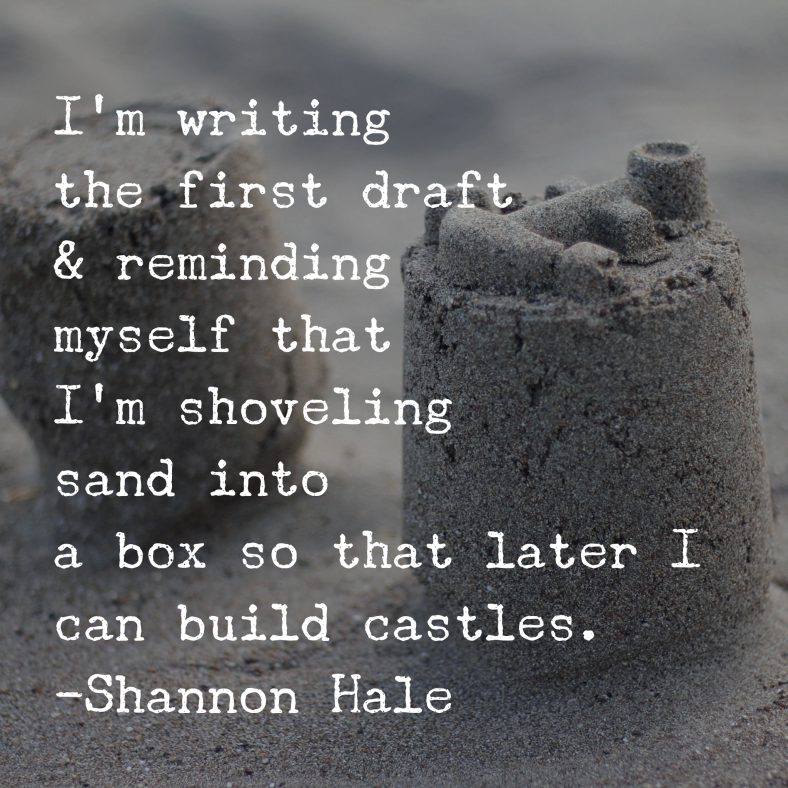
I’ve been a member of my current writing group for 4 1/2 years now. I say current because I tried another couple of groups that didn’t work out. I’ve almost pulled out of this group too, but now I believe that sticking with it is one of the best things I’ve done for my writing.
Which group is right for you?
There are many kinds of writing groups and you’ll need to consider which one suits you best. Are you looking for a group:
- that critiques, providing constructive feedback for existing work
- that takes you through writing exercises aimed at improving your craft
- that cheers you on, offering mutual encouragement
- is in-person, online or offers both options
- where you share a space with other writers and work on your own pieces simultaneously
- that’s casual or requires consistent attendance?
I’ve joined the first kind of group through my local writers’ centre because I wanted to improve my manuscript. Members are serious about getting published—and some of us have been. We meet weekly with each person reading out 2k words for which we receive feedback. Many of us find the act of reading out loud a good starting point because we often hear our own mistakes first. People seem to have their strengths and together we make a formidable team even though our genres are diverse, including historical fiction, chick lit, crime and science fiction. One person tends to comment on structure, another grammar and voice, another character development or story line and so on.
What are the benefits of joining a writing group?
- Critique and/or support – When you find a good group you get free critiquing or support that would otherwise cost 3 cents per word and upwards. It’s not quite like having your own editor, but it’s the next best thing. In some ways it’s better because of the diversity of opinion you receive.
- Motivation – Some members in my group find the weekly commitment of 2k words a strong motivator, saying they might otherwise struggle to commit writing time.
- Support – A couple of times I’ve reached out to members when I’ve hit lows. They’ve reminded me that my story is strong, important and worth the effort. Recently they told me enough finessing, it’s time to finish my manuscript and put it out there. In short, they’ve bolstered me and given me perspective when I’ve most needed it.
- Being with fellow writers – As much as your friends or family might think it’s great (or not) that you write, no one can understand your writing glories and struggles like fellow writers. Writing is an otherwise solitary act so it’s great to share.
- Brainstorming – Sometimes members get stuck and we brainstorm ideas. The ending of my book wasn’t quite right, but now it’s formidable thanks to one member’s suggestion. Others have changed point of view or added in magical realism elements to overcome challenges. More heads can be better than one.
What are any negatives of joining a writing group?
- Lack of safety – In one group I joined, a member turned vicious if she didn’t like your work. Unfortunately, others copied her negative tone. I was once lampooned an entire season for having a prologue. This kind of experience is destructive. Avoid. Writing is exposition of your deepest self. The critiquing environment must be safe and encourage constructive, dissuading destructive participation. There are always positives.
- Poor organisation and leadership – There must be agreed and enforced rules for writing groups to be effective and rewarding. For example, for long prose groups, a quorum who attend regularly is critical. Other questions to ask are does your organiser take into account others’ views on potential new members? Are they a good time manager keeping members within their allotment? And are they willing to reign people in if they step out of bounds or remove members who don’t fit in?
- Wrong genre – Are you a short story writer but you’re in a long story group? Do you need a group of fellow biographers but you’re in a fiction group? Do you write science fiction but you’re in a romance group and they don’t get concepts such as world building? Make sure you know what you need and search for the appropriate group or you’ll risk feeling alienated and disheartened.
- Group mentality – Even in the best of groups, people can get carried away. I recall my group telling me they didn’t care about my main character. Whoa! I got the point, which was valid and important, but I didn’t need to have it repeated for half an hour. You may need to firmly but gently steer your fellow writers back towards their more diplomatic, positive selves.
How to find the right group for you
There are many options, including:
- Online groups where you trade feedback. These can be genre specific
- Writer’s centres in your area or state that offer many kinds of groups
- MeetUp
- Start your own group, perhaps finding members through your local library, your existing network, at writers’ festivals or even Gumtree.
Trust your judgement. If a group doesn’t feel right, then it’s not for you.
Above all, be open, but also listen to yourself.
